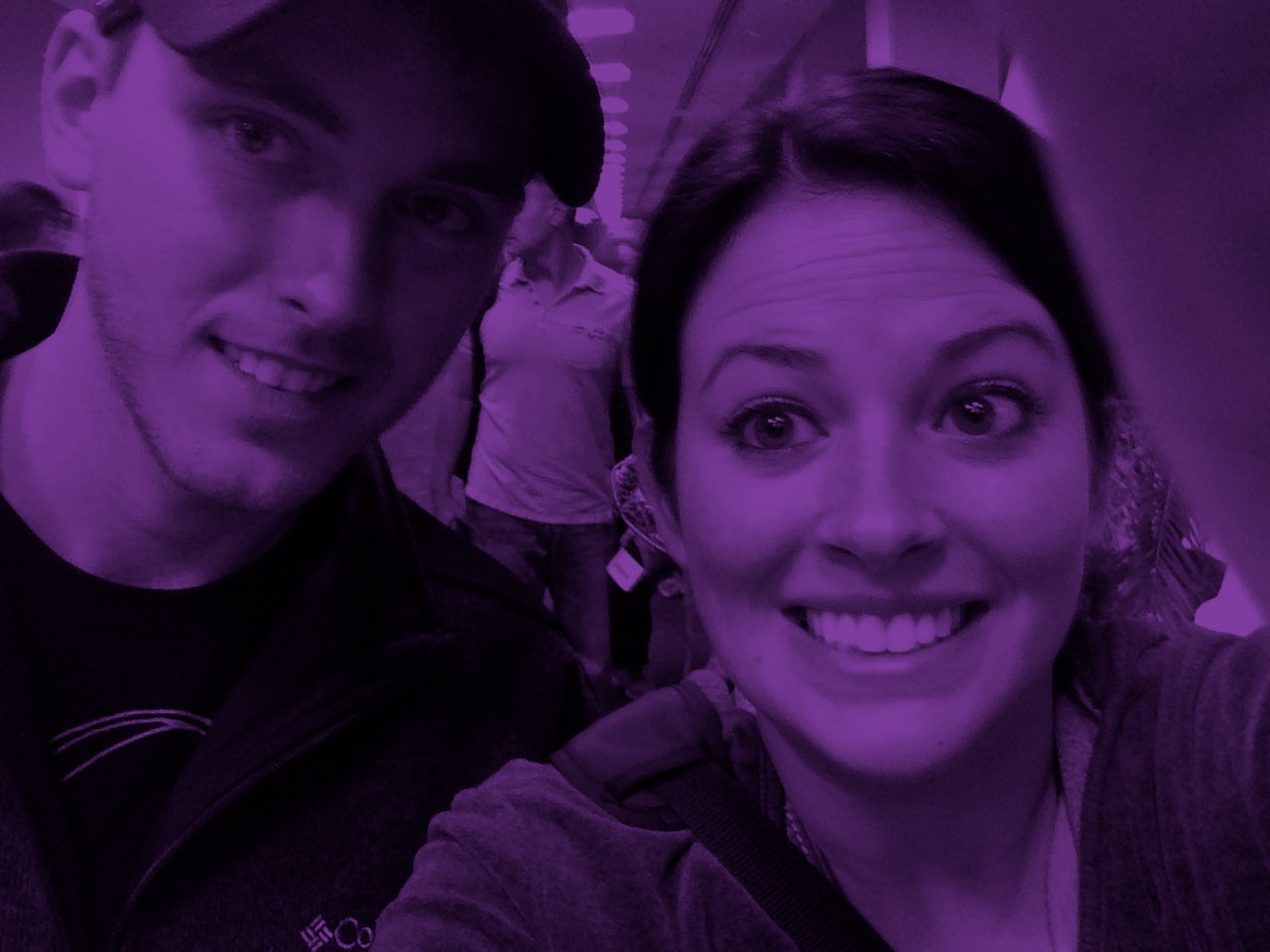A new report published in Frontiers in Psychology has found that while many people like taking selfies, they don’t really enjoy looking at the photos other people take of themselves. Termed the “selfie paradox” by the study��s author, Sarah Diefenbach at Ludwig-Maximilians-University Munich, the research suggests that while people often view their own selfies as “ironic” and “authentic,” they are likely to view the selfies of others as self-promotional and inauthentic. “This may explain how everybody can take selfies without feeling narcissistic,” Diefenbach says.
The study surveyed 238 people and found that 77 percent of them reported regularly taking selfies. Diefenbach said that people seem to view taking and sharing selfies as acts of “self-disclosure,” and that “earning sympathy” seems to be a primary motivator for taking the pictures.
However, 82 percent of those surveyed said that they would rather look at photos other than selfies if given a choice. Selfies appear, Diefenbach writes, to “be a double-edged” phenomenon. “Taking, posting, and viewing selfies has become a daily habit for many. At the same time, research revealed that selfies often evoke criticism and disrespect, and are associated with non-authenticity and narcissism.”
The findings back up previous research that stated that while the phenomenon of daily self-documentation and sharing — often with a wide social circle that includes, potentially, many strangers — is growing every year, many people feel there are potentially negative consequences of the act. Earlier studies reported that there is often a correlation for teenage girls between sharing a lot of selfies and body dissatisfaction. Another study found that there is a correlation between conflict in romantic relationships and relentless selfie taking. Taking and amassing photographs of ourselves has never, ever been cheaper or easier. In the early 20th century, a middle- or upper-class person could expect — maybe — to have a few paper photos of themselves and their loved ones, prized possessions, often occasions to get dressed up for. But while it’s true that our first instinct in portrait photography was not to smile for the camera, it is also true that for many people, the photograph that they most wanted was of themselves.
